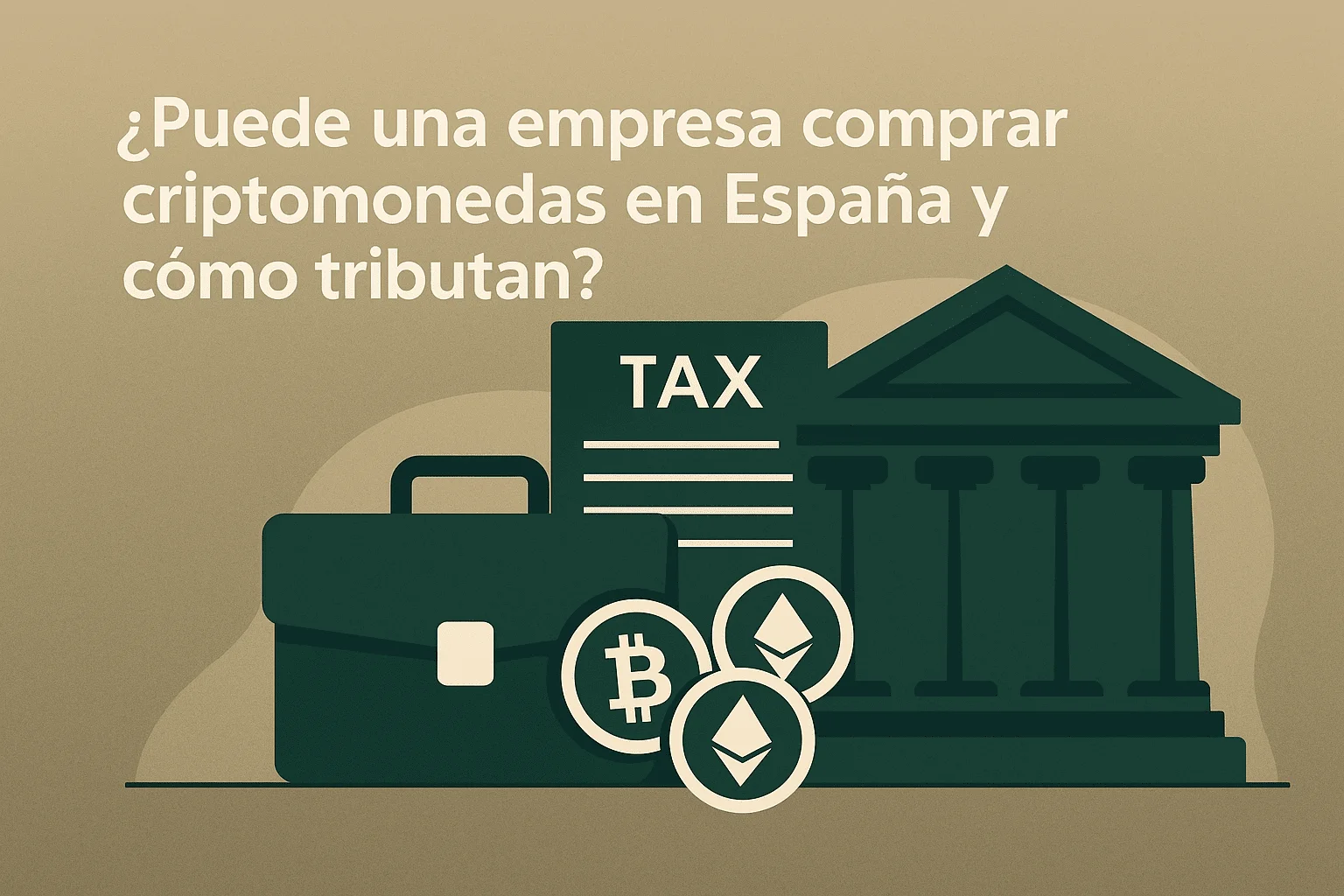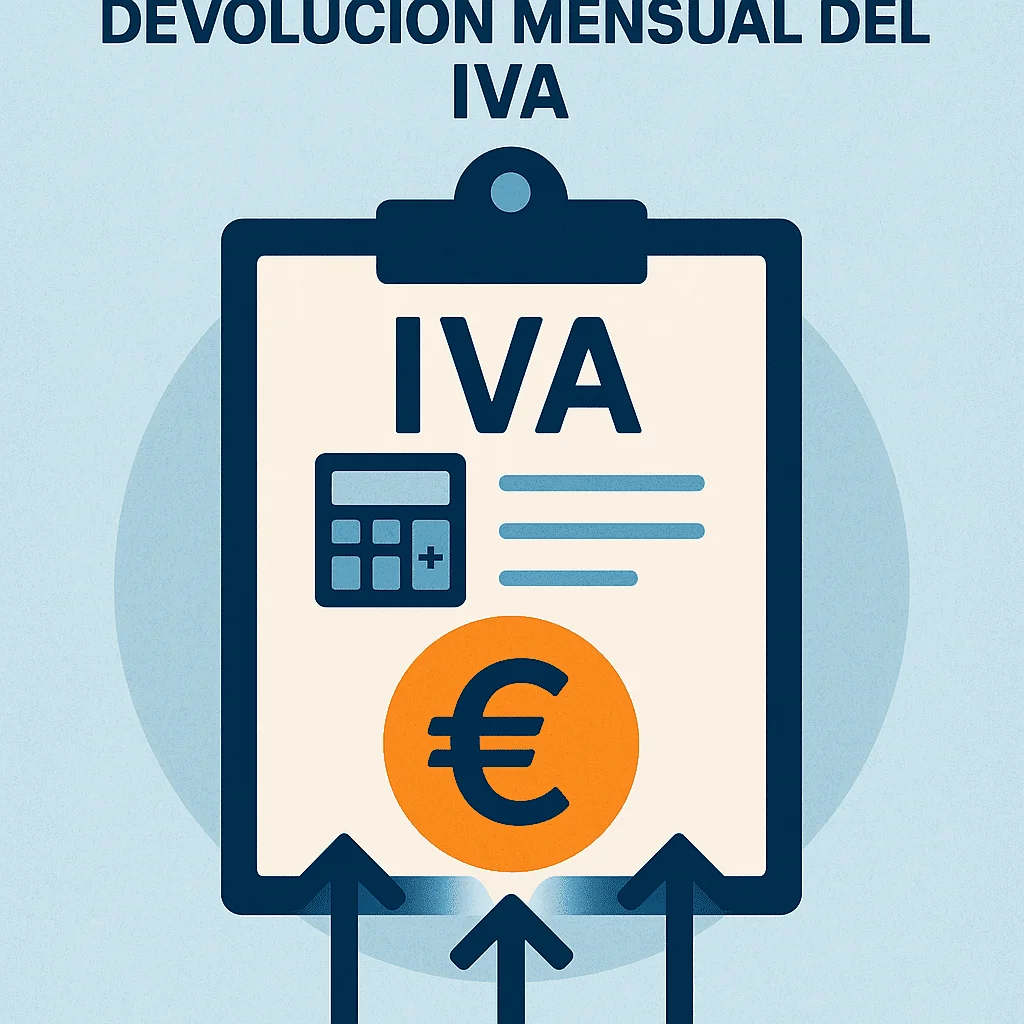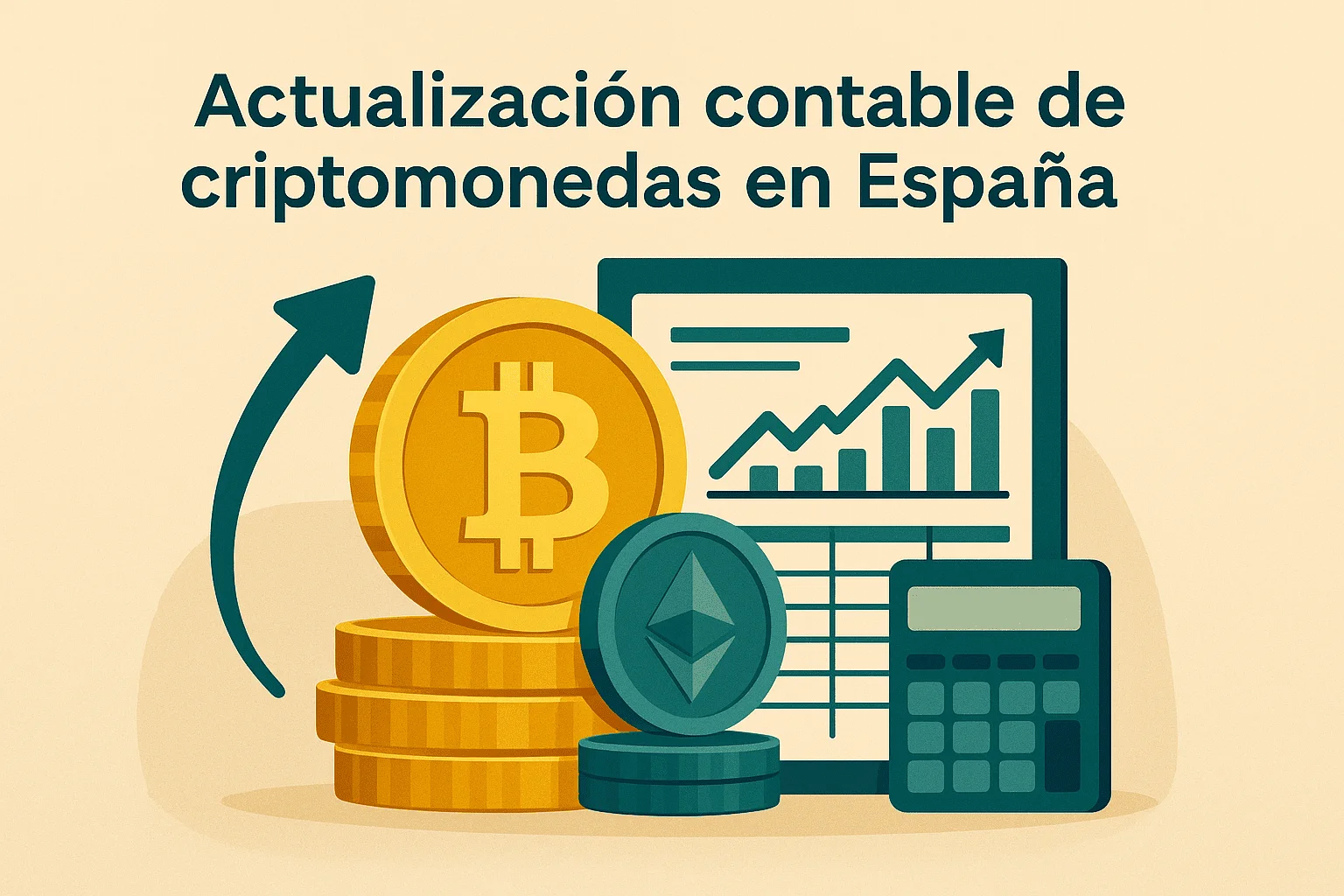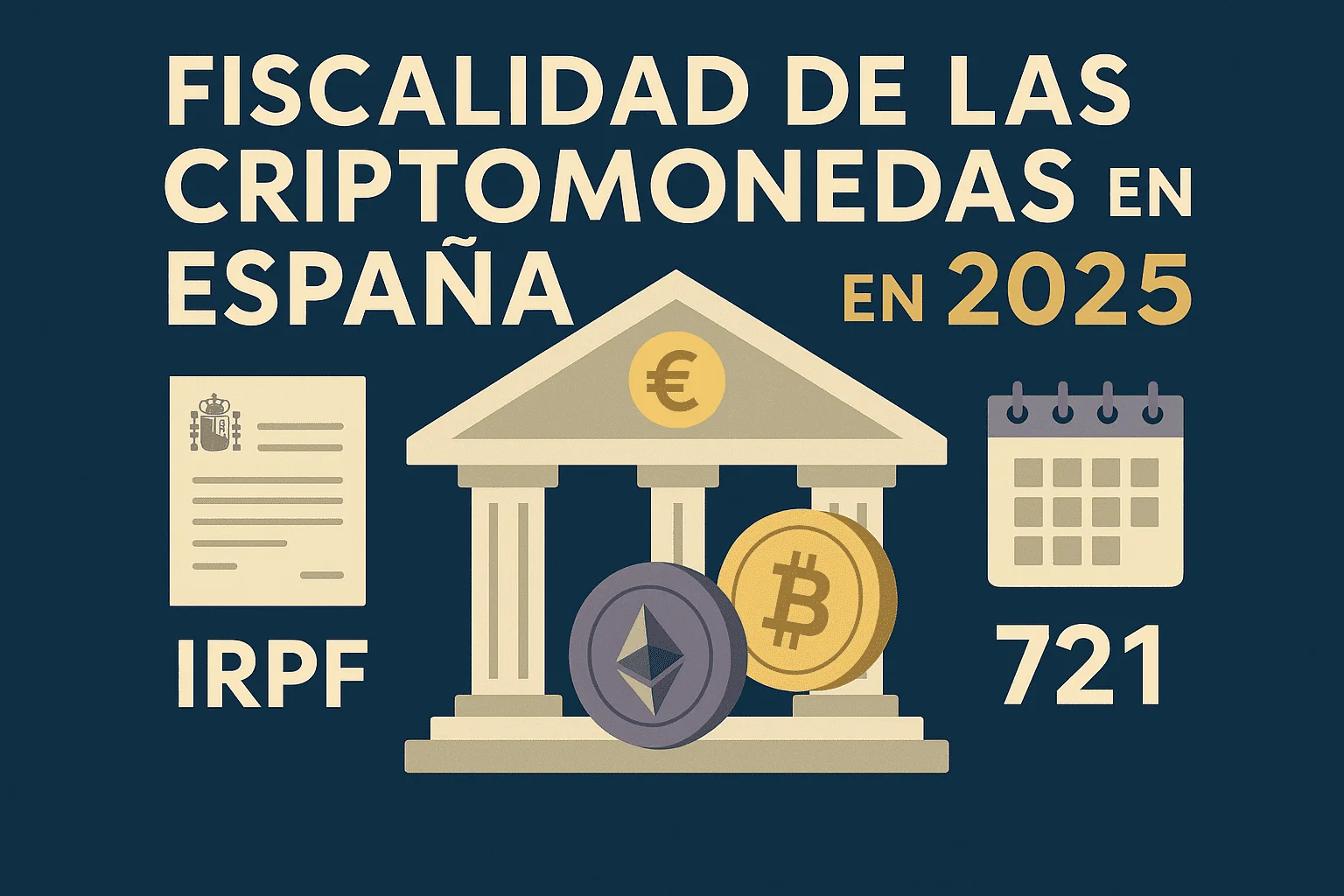Can a Company Buy Cryptocurrencies in Spain and How Are They Taxed?
Investment in cryptocurrencies is no longer limited to individuals.
More and more companies are considering diversifying their treasury by acquiring Bitcoin, Ethereum, or other crypto assets.
However, two key questions arise:
Is it legal for a Spanish company to buy cryptocurrencies?
and how should they be recorded and taxed?
1. Is It Legal for a Company to Buy Cryptocurrencies?
✅ Yes. A commercial company can acquire cryptocurrencies, provided it records them properly in its accounting and complies with all tax and corporate obligations.
The Spanish Directorate-General for Taxes (DGT) and the Institute of Accounting and Auditing (ICAC) have established the main criteria:
- They are considered intangible fixed assets if held as a long-term investment.
- They are recorded as inventory if acquired for trading purposes (e.g., a company operating as an exchange or intermediary).
💡 They are not classified as legal tender or as traditional financial instruments.
2. Accounting Treatment of Cryptocurrencies in Companies
According to Spanish accounting standards, the treatment is as follows:
- Initially measured at acquisition cost, including fees and commissions.
- Subsequently, they must be recorded at fair value if there is an active market, or maintained at cost otherwise.
- Value changes — impairments or gains on sale — are reflected in the profit and loss statement.
📘 Cryptocurrencies are not automatically revalued based on market price: profits are only recognized when they are sold or exchanged.
3. Taxation of Cryptocurrencies for Companies
Under the Corporate Income Tax (Impuesto sobre Sociedades, IS), cryptocurrencies are taxed as follows:
Gains or Losses
When the company sells cryptocurrencies, the difference between the sale value and the book value is included in the taxable base.
The general IS rate is 25%, except in the following cases:
- Newly created companies: 15% during the first two profitable years.
Exchange Transactions
Crypto-to-crypto trades are treated as barter transactions, generating both accounting and tax effects that must be declared.
Mining, Staking, or Lending Activities
Income derived from these activities is treated as operating income subject to Corporate Income Tax.
VAT
- The buying and selling of cryptocurrencies between individuals and companies is exempt from VAT.
- However, related services (commissions, mining, or staking as a service) may be subject to VAT, depending on the nature of the activity.
4. Other Obligations
- Wealth Tax: does not directly affect companies, but may affect shareholders if they are taxed on holdings in companies that own cryptocurrencies.
- Form 721: if the company holds crypto assets in foreign exchanges and exceeds the legal thresholds, it must declare them to the Spanish Tax Agency.
5. Conclusion
Companies in Spain can legally buy and hold cryptocurrencies, provided they maintain proper accounting records and comply with all tax requirements.
The idea of diversifying company funds with crypto assets may be attractive, but it carries volatility risks and a greater administrative burden.
💼 Having an accounting and tax advisor specialized in crypto assets is essential to avoid issues with the tax authorities and ensure safe, compliant management under current regulations.



